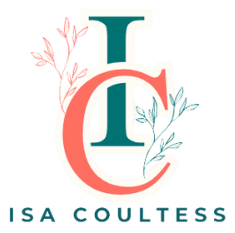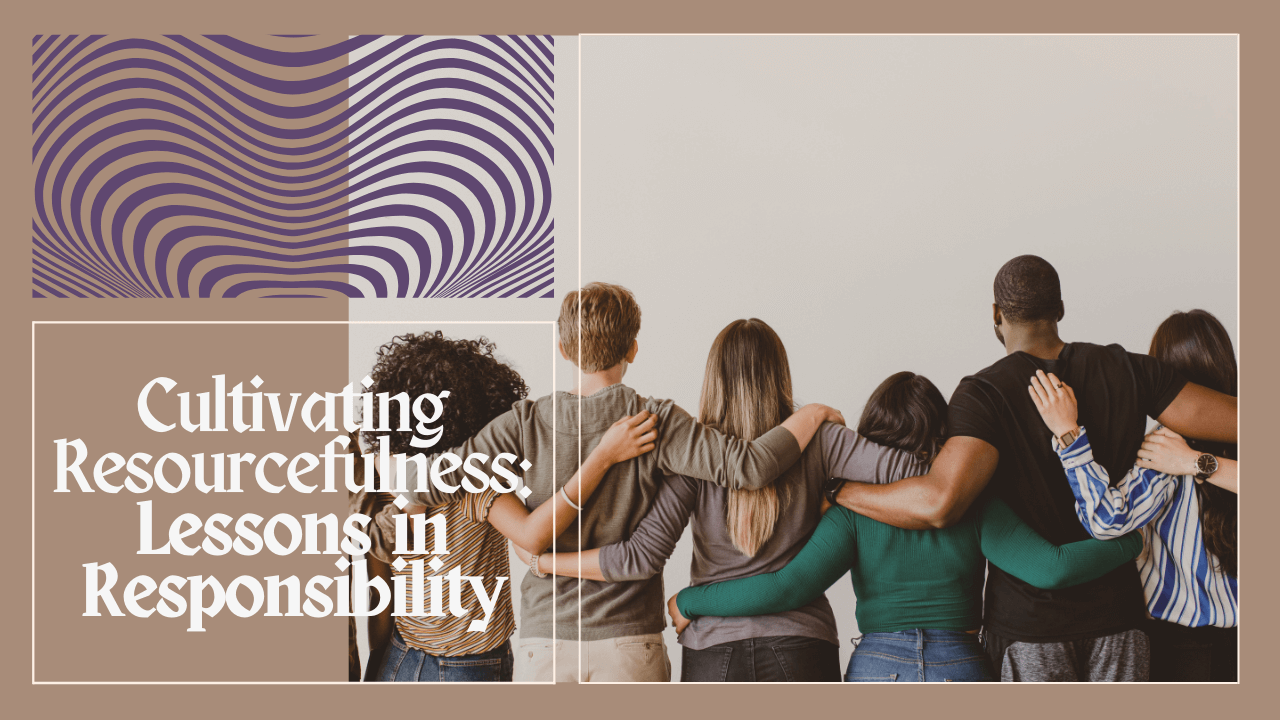The Short Story
A few years back, our family returned from a memorable vacation. The kids were buzzing with excitement about the adventures we had, and we had a couple of weeks to settle back into our routine before school started. However, amidst the post-vacation bliss, an unexpected lesson unfolded. During our trips, we have a family rule: be mindful, especially about not being wasteful. This time, it was about soap—a simple necessity, yet a profound teaching moment. Upon returning, my daughter requested more soap just a week after opening a new bottle. Surprised by how quickly it was used up, I initiated a conversation. “How did a full bottle of soap disappear in a week?” I asked, knowing we had managed with much less during our trip. The familiar young child response, “I don’t know,” hinted at a deeper issue: a lack of accountability and understanding of resource management.
The Problem for Parents
As parents, we often encounter the challenge of teaching our children the value of resources. In a world where convenience often trumps conservation, instilling a sense of accountability can be difficult. It’s easy for children to assume that everything is readily replaceable, especially when they see parents as providers who can always get more.
The Problem for Children
Children may not initially grasp the concept of resource management. Without understanding the impact of wastefulness, they may develop habits of overconsumption, assuming that replenishment is endless. This behavior not only affects household resources but also shapes their understanding of sustainability and responsibility.
The Solution
To address this, I sat down with my daughter to have an open discussion. We talked about our next family trip, emphasizing how unnecessary expenditures could impact our ability to enjoy future adventures. I explained the tangible costs associated with wasteful habits, such as how the money spent on extra soap could equate to a meal out or contribute to a plane ticket. Together, we made a list of frequently used items—soap, water, food—and set expectations for their usage.
The Insight
Through these conversations, both my children and I gained valuable insights. They learned the importance of conserving resources and being accountable for their consumption. By setting clear expectations, they began to understand the broader implications of their actions. For me, the experience reinforced the value of open dialogue in nurturing responsible and resourceful individuals. Teaching children about resourcefulness and accountability is more than just about conserving soap—it’s about fostering a mindset that values sustainability and understands the ripple effects of their choices. By guiding them through these lessons, we prepare them not just for their future households, but for a world that thrives on mindful stewardship. This approach not only benefits the family dynamic but also instills lifelong values that extend far beyond the home.

